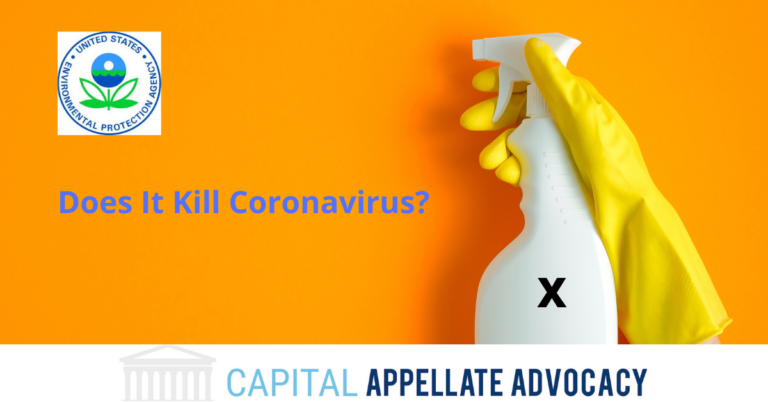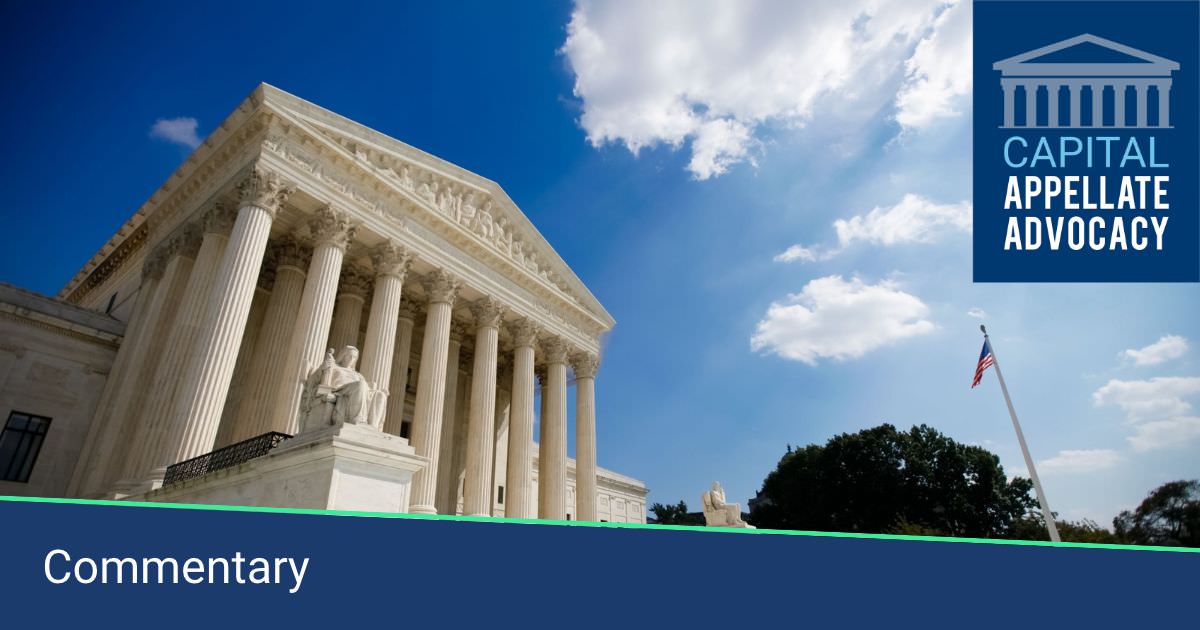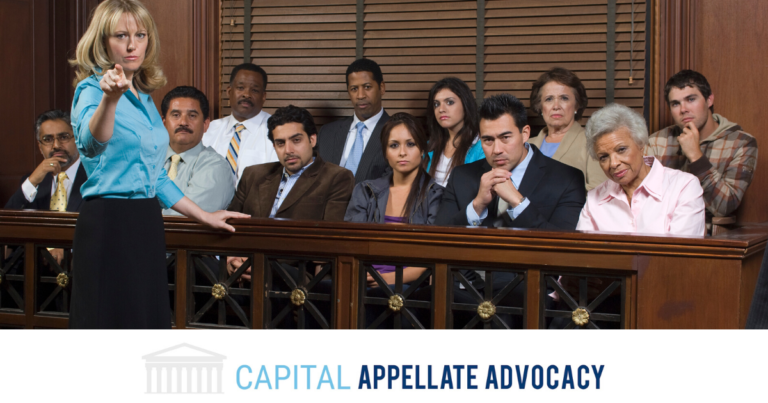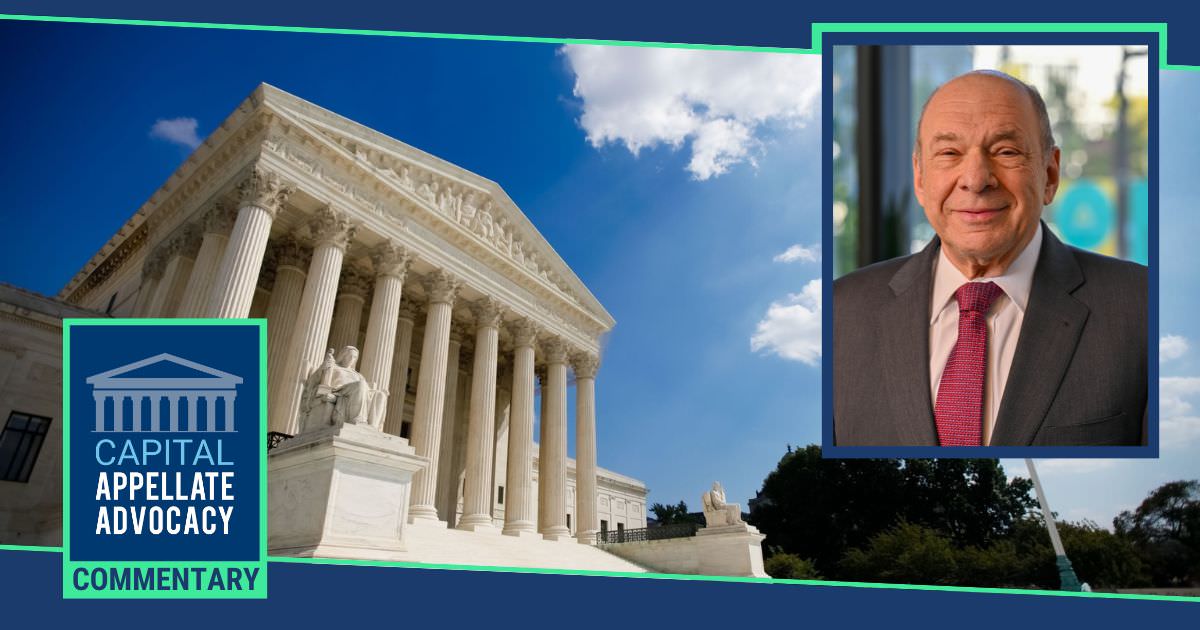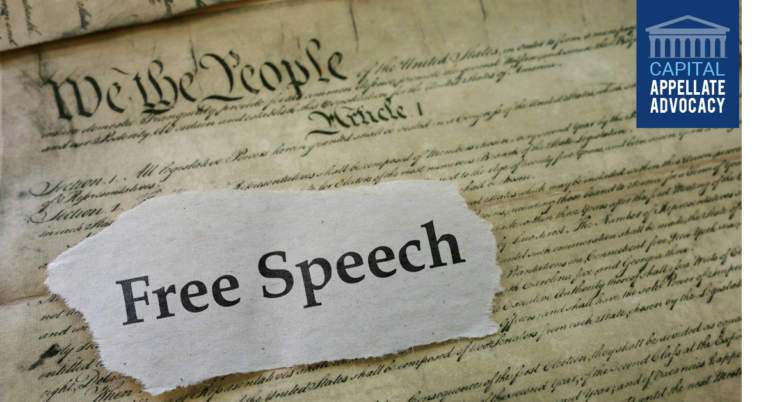9th Circuit Herbicide Decision Is Stuck In the Weeds
It’s no surprise that the U.S. Court of Appeals for the Ninth Circuit is anti-pesticide activists’ favorite appellate court. On June 3, for example, a three-judge Ninth Circuit panel issued an opinion that second-guesses—and vacates—U.S. EPA’s 2018 renewal of the conditional registrations for dicamba, a herbicide that farmers use to produce tens of millions of […]
9th Circuit Herbicide Decision Is Stuck In the Weeds Read More »


